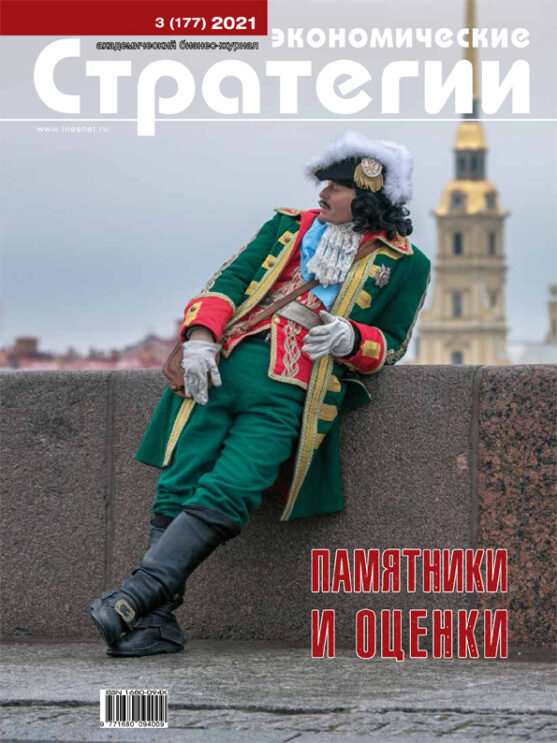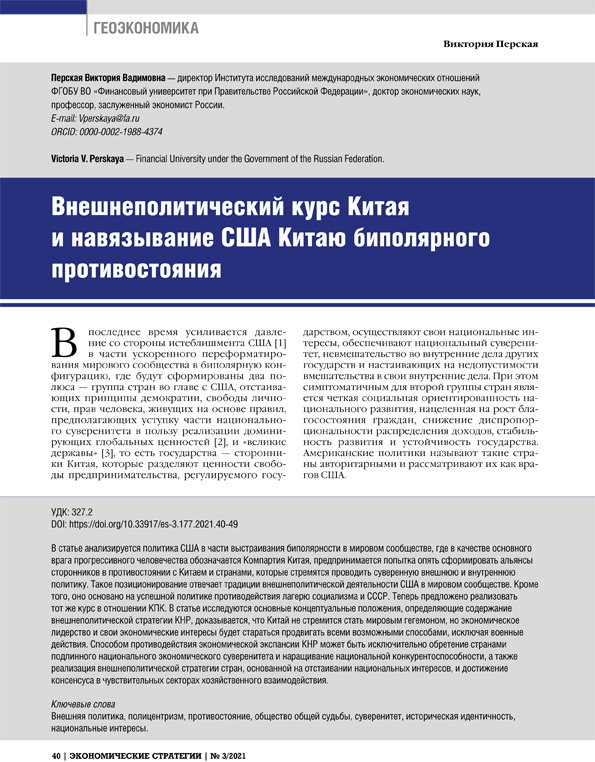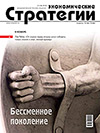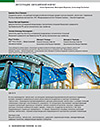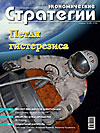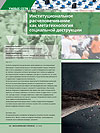Human Self-Sufficiency as the Basis for Self-Sufficiency of Socio-Economic Systems and a Multipolar World
DOI: 10.33917/es-1.193.2024.93-99
The article dwells on relationship between the self-sufficiency of citizens and the self-sufficiency of socio-economic systems (hereinafter referred to as SES) at any level – from a company to a municipality, region and the state. It is shown that equal, self-sufficient states constitute the basis of a multipolar world. On the example of different countries, in particular the USA, it is shown that lack of self-sufficiency of citizens causes large external debt, the risk of reducing self-sufficiency of the state and, as a consequence, its destruction. Through the prism of self-sufficiency of citizens, the author shows the logical result to which Russian Federation is moving and to which it will arrive if it doesn’t change its monetary policy.
Based on her work experience as an expert, the author focuses on consciousness as an economic-cybernetic category and selfsufficiency as a reproductive (economic) function built into human nature to realize human potential.
References:
1. Bychkova N.Yu. Soznanie kak ekonomicheskaya kategoriya [Consciousness as an Economic Category]. Innovatsii i investitsii, 2022, no 12, pp. 22–29, DOI: 10.24412/2307-180X-2022-12-22-29
2. Ageev A.I., Batchikov S.A., Mityaev D.A. V poiskakh koda Pobedy. Za flazhki proval’nogo meynstrima [Searching for the Victory Code. Beyond the check marks of the failed mainstream]. Izborskiy klub, 2021, 17 noyabrya, available at: https://izborsk-club.ru/21924
3. Bychkova N.Yu. Evolyutsiya pravosoznaniya cheloveka. Smena paradigmy [Evolution of Human Legal Awareness. Paradigm Shift]. Ekonomika i parvo, 2022, no 6, pp. 78–85, DOI 10.37882/2223–2974.2022.06.04
4. Veduta N.I. Ekonomicheskaya kibernetika. Ocherki po voprosam teorii [Economic Cybernetics. Essays on Theory]. Minsk, Nauka i tekhnika, 1971, 322 p.
5. Glaz’ev S.Yu. Za gorizontom kontsa istorii [Beyond the End of History Horizon]. Moscow, Prospekt, 2021, 416 p.
6. Marks K., Engel’s F. Sochineniya [Selected Works]. Moscow, Gosudarstvennoe izdatel’stvo politicheskoy literatury, 1961, 858 p.
7. Bychkova N.Yu. Prikladnye aspekty upravleniya zakrytoy sotsial’no-ekonomicheskoy sistemoy na primere Kuby [Applied Aspects of Managing a Closed Socio-Economic System on the Example of Cuba]. Ekonomika ustoychivogo razvitiya, 2023, no 2(54), pp. 111–115.
8. Birzhevoy portal [Website], available at: https://take-profit.org/statistics/government-debt-to-gdp/
9. RIA Novosti [Website], available at: https://ria.ru/amp/20230329/dokhody-1861560152.html
10. Birzhevoy portal [Website], available at: https://take-profit.org/statistics/disposable-personal-income/united-states/
11. Veduta E.N. Mezhotraslevoy-mezhsektornyy balans: mekhanizm strategicheskogo planirovaniya ekonomiki [Interindustry-intersectoral Balance: Mechanism for Strategic Planning of the Economy]. Ucheb. posobie dlya vuzov. 2-e izd. Moscow: Akademicheskiy proekt. 2020, 239 p.
12. Zhukov N.I. Filosofskie osnovy kibernetiki [Philosophical Basics of Cybernetics]. Minsk, Izd-vo BGU, 1976, 224 p.




